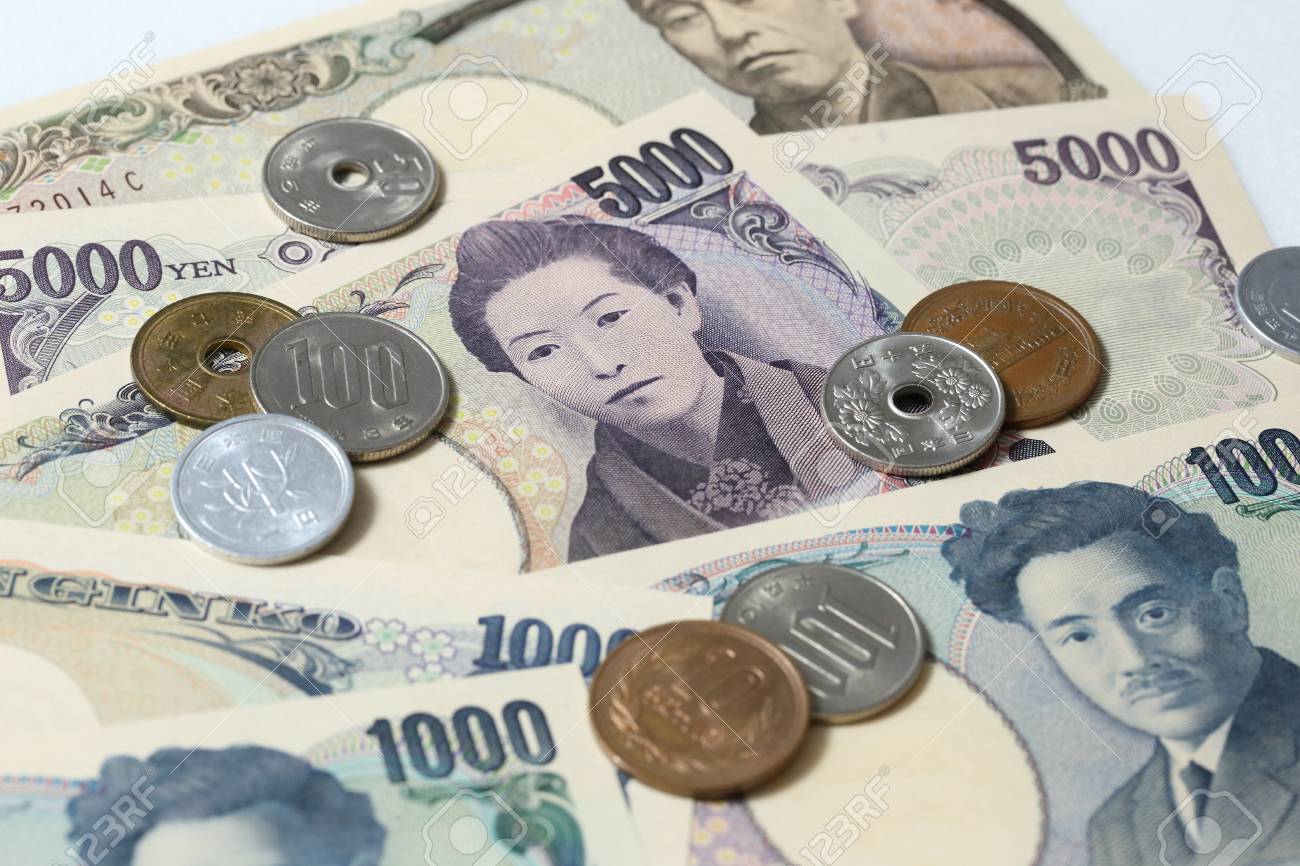I just learned from a friend about a novel form of taxation in Japan. It’s called “Furusato Nouzei” (ふるさと納税), which roughly translates to “hometown tax.” It allows people living in urban areas to contribute to rural areas in return for a tax credit.
 Japan has one of the fastest-growing senior populations, and many young people move from rural to urban areas. In order to increase the number of children and provide tax revenue to rural areas, the “hometown tax” was created in 2007.
Japan has one of the fastest-growing senior populations, and many young people move from rural to urban areas. In order to increase the number of children and provide tax revenue to rural areas, the “hometown tax” was created in 2007.
According to Wikipedia, anyone who voluntarily contributes Furusato Nouzei of more than 2000 yen (approx. $19 US at current exchange rates) can have their income and residence taxes reduced. The entire amount a taxpayer contributes to the hometown tax is deducted, minus 2000 yen. According to my friend, you can choose whichever city you want to give to.
Many cities offer gifts from their area to entice people to choose their city for the Furosato Nouzei. For example, my friend chose Nagano-prefecture and will receive 1kg of beef steak as a thank-you.

Not surprisingly, cities that offer gifts are more often chosen as recipients of Furosato Nouzei, although the practice has been criticized by some. Cities that offer no gifts or have nothing to offer typically receive fewer tax contributions.
In the U.S., where the mere suspicion of added taxes (regardless of overall savings, need for infrastructure and services, and/or the greater common good) can result in massive political backlash, the notion of paying a voluntary tax might seem far-fetched. But it may be worth examining as a potential solution to the great disparities in resources between urban and rural areas.
